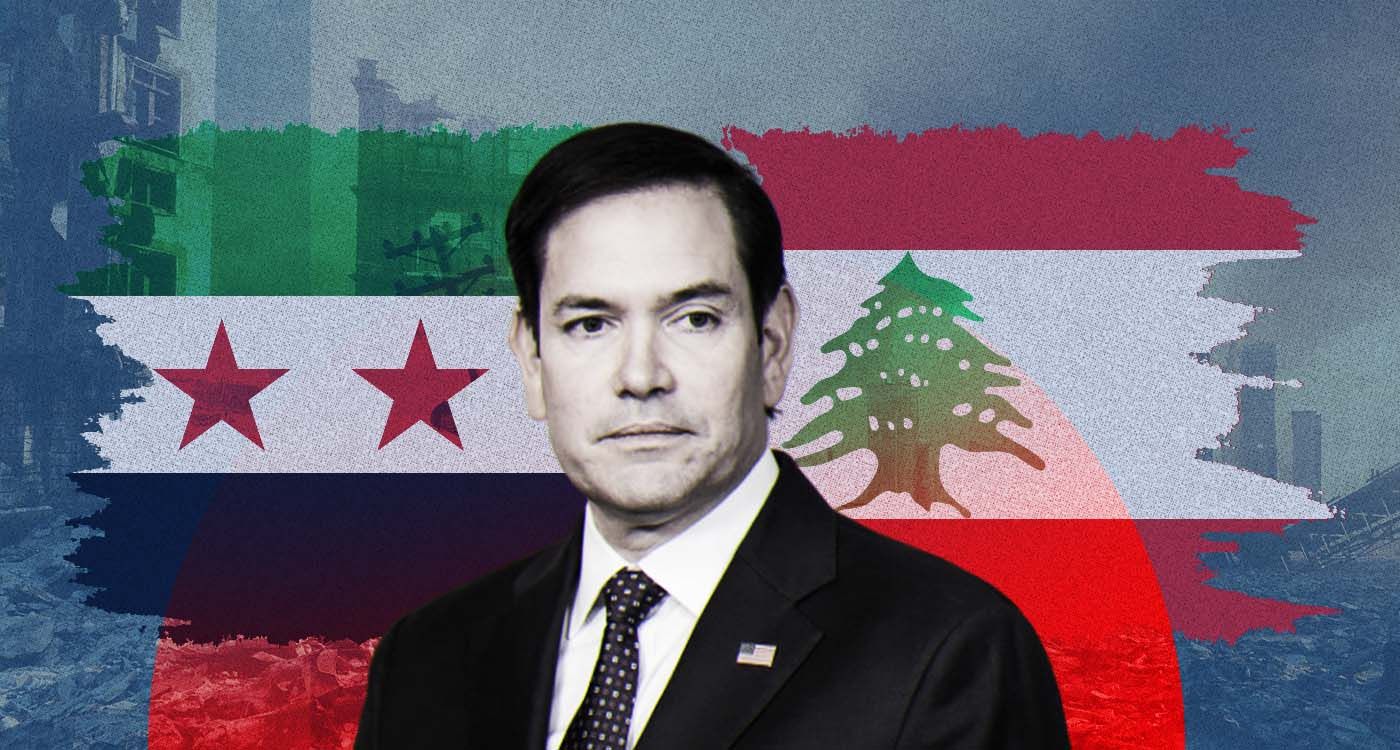
US Secretary of State Marco Rubio's recent warning about Syria's potential descent into a "full-scale civil war of epic proportions" has not gone unnoticed. This cautionary note has raised alarm bells not only within Syria's borders but also in neighboring Lebanon, which remains precariously balanced on a fragile socio-political tightrope.
Rubio's warning came on the heels of President Donald Trump's significant announcement to lift major US sanctions on Syria, marking a seismic shift in US foreign policy with implications that could upend Lebanon's already struggling economy and precarious regional standing. With the suspension of key restrictions under the Caesar Act and the green light for US and foreign entities to engage in financial transactions with Syria, Lebanon is now confronted with a dual-edged sword: the maneuver opens both possibilities and pitfalls that could resonate through every facet of its society.
The tenuous state of Syria's transitional government, particularly after the ousting of Bashar al-Assad, has forged an unpredictable environment with consequences that stretch beyond Syria's borders. Analysts in Washington express deep concern that a resurgence of violence would exacerbate existing tensions across security, humanitarian, and economic frameworks in Lebanon.
Challenges Facing LAF
As we examine the implications, one must recognize that escalating violence in Syria is likely to trigger increased cross-border skirmishes, particularly in the Bekaa Valley, where Hezbollah maintains a significant power base. Rubio's prognostications of heightening confrontations between Syrian military units and Assad loyalists could destabilize Lebanon's borders, intensifying strains on its fragile social fabric.
Caught in this evolving turmoil, the Lebanese Armed Forces (LAF) find themselves in a challenging predicament. A source familiar with the LAF has underscored that any fallout from Syria's instability may severely impede their operations, particularly as they strive to secure the southern and eastern borders. The LAF is grappling with resource limitations as it endeavors to maintain effective border security. The rugged, poorly demarcated Lebanon-Syria border further complicates these challenges, making civilian protection and military coordination a daunting task.
The potential role of Hezbollah in this narrative adds another layer of complexity. Analysts caution that Hezbollah's influence should not be underestimated, particularly as the Syrian Ministry of Defense has accused the group of executing cross-border attacks – claims that Hezbollah denied. Despite current tensions, Hezbollah is poised to leverage the situation to underscore its military might, as Senior Fellow Hanin Ghaddar from the Washington Institute stated, "Although Hezbollah is currently down, it is not out, controlling 53 seats in Lebanon's parliament."
Hezbollah's Enduring Power
Following the recent Lebanese municipal elections, growing concerns have emerged over Hezbollah’s sustained dominance in Shia-majority municipalities—an unsettling consolidation of power. This development risks further destabilizing Lebanon’s already fragile landscape, casting doubt on the government’s capacity to compete in the regional race for investment and capital.
Moreover, the humanitarian consequences of renewed violence in Syria could be catastrophic. Lebanon is already hosting over 1.5 million Syrian refugees, and an uptick in hostilities could spark a new wave of displacement, exacerbating a situation where 80% of the Lebanese population lives in poverty. Such a scenario could also engender rising xenophobia and competition for limited resources, potentially inciting violence against refugees and straining Lebanon's social fabric even further.
On a more optimistic note, analysts in Washington suggest that the recent US sanctions relief for Syria may unlock economic prospects. Encouragingly, this easing of restrictions could revive long-stagnant trade routes and reposition Lebanon as a crucial transit hub within the region. Enhanced economic activity might also facilitate infrastructure and energy projects, easing Lebanon's enduring energy crisis. However, caution prevails among experts who recognize that the path forward is loaded with uncertainties.
As Lebanon teeters on the brink of crisis, the time for half-measures is over. It is essential to comprehend the complex interplay of regional dynamics with a proactive approach, as Lebanon's future hinges not only on its domestic actions but also on the unfolding drama across its borders. Lebanese officials must urgently address Lebanon's unfinished affairs, focusing on the full dismantling of militias -Lebanese and Palestinians- and the implementation of critical economic and political reforms. These actions are essential for restoring the trust of the international community.




Comments